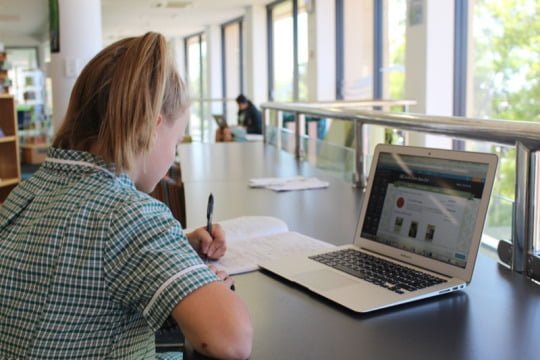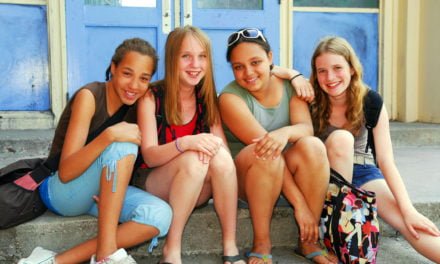Schools hate league tables, even really good schools. Principals and teachers hate league tables; it’s one of the few things that unite them across system and geography. However, parents love them and are prepared to stake their child’s future on them. In fact, the only group that loves them more than parents is newspaper editors.
League tables are published in each state of Australia soon after Christmas. They rank schools based on the performance of their students in the final examinations. They are as inevitable as Boxing Day sales and as distorted as the annual family Christmas Letter. They carry very little truth, are taken at face value and hold up to very little scrutiny. So why do parents love them, and schools hate them?
Parents love the tables because they’re easy. And who can blame them? It’s a ranking of schools that you can read without a Masters in Education. It doesn’t take into account all those difficult details like selective enrolment, the school’s socio-economic feed or even what subjects and courses are offered.
Our school, Santa Maria College, performs very well on league tables. This is fortunate, not only as it means the atmosphere at the first staff meeting of the year is relaxed. It’s fortunate because it tells a tiny story of success. But it is only success in one area, so we are left feeling relieved but also resentful of the great stories it doesn’t tell. The rankings are based on the percentage of students who achieve 75% or more in at least one of their courses. What about the stories of kids who aren’t that bright but who have worked their hearts out to get the best result they possibly could? The students who have overcome incredible physical and psychological odds to achieve what the tables would see as a middling score, but one that will get them into university and on their way to a life full of amazing possibilities? What about our mission to help form life-long learners who are socially responsible, healthy and engaged citizens?
Other schools have other stories to tell. The stories of students who completed alternative curriculum like the International Baccalaureate. Two of Western Australia’s best known schools ranked well below their real status because many of their students’ results were not included in the simplistic calculations, because many of them studied alternative curricula.
Some schools are very lucky, they are represented as outstanding, but they are only accepting students with outstanding IQs in the first place. Other schools can afford to give academic scholarships to attract very bright students. Are they really value adding to those students? Who knows, and in our sound bite, marketing culture, does it matter?
So what should you be looking for in a great school? Well, that depends on your child. No school is perfect for everybody. But maybe these 5 questions will help:
- Will your child thrive in a co-ed or single-sex school?
- Which school will nurture your child’s passions?
- Does your child need extra support because they are struggling? Or extension because they are particularly strong?
- Does the school provide values-based education or service learning? And is that important to you?
- Does the school feel right to you? Does it have a great sense of community that will foster your child’s sense of belonging, relationships and resilience?
When students leave at the end of Year 12 it is common practice to conduct exit interviews. They provide amazing insight to school leaders. What is most obvious from these interviews is that schools are about relationships. High profile researchers, such as Lyn Worsley, tell us that these relationships are among the key factors in determining the success of a student. Teachers know this and so do students. What the exit interviews never uncover is a fascination with league tables.
To follow the Education Blog click here
Linda Stade has worked in various teaching and management roles in education for twenty-five years. She has worked in government and private schools, country and city, single sex and co-ed. Currently she is the Research Officer at Santa Maria College, Western Australia. She has a Facebook page here






